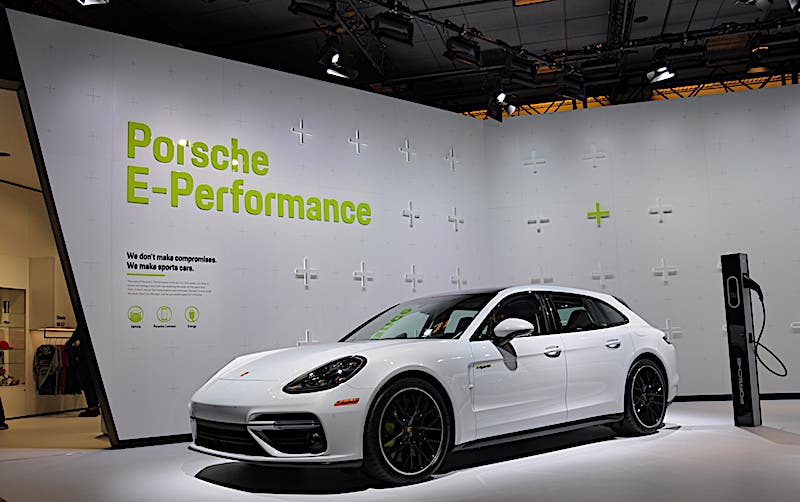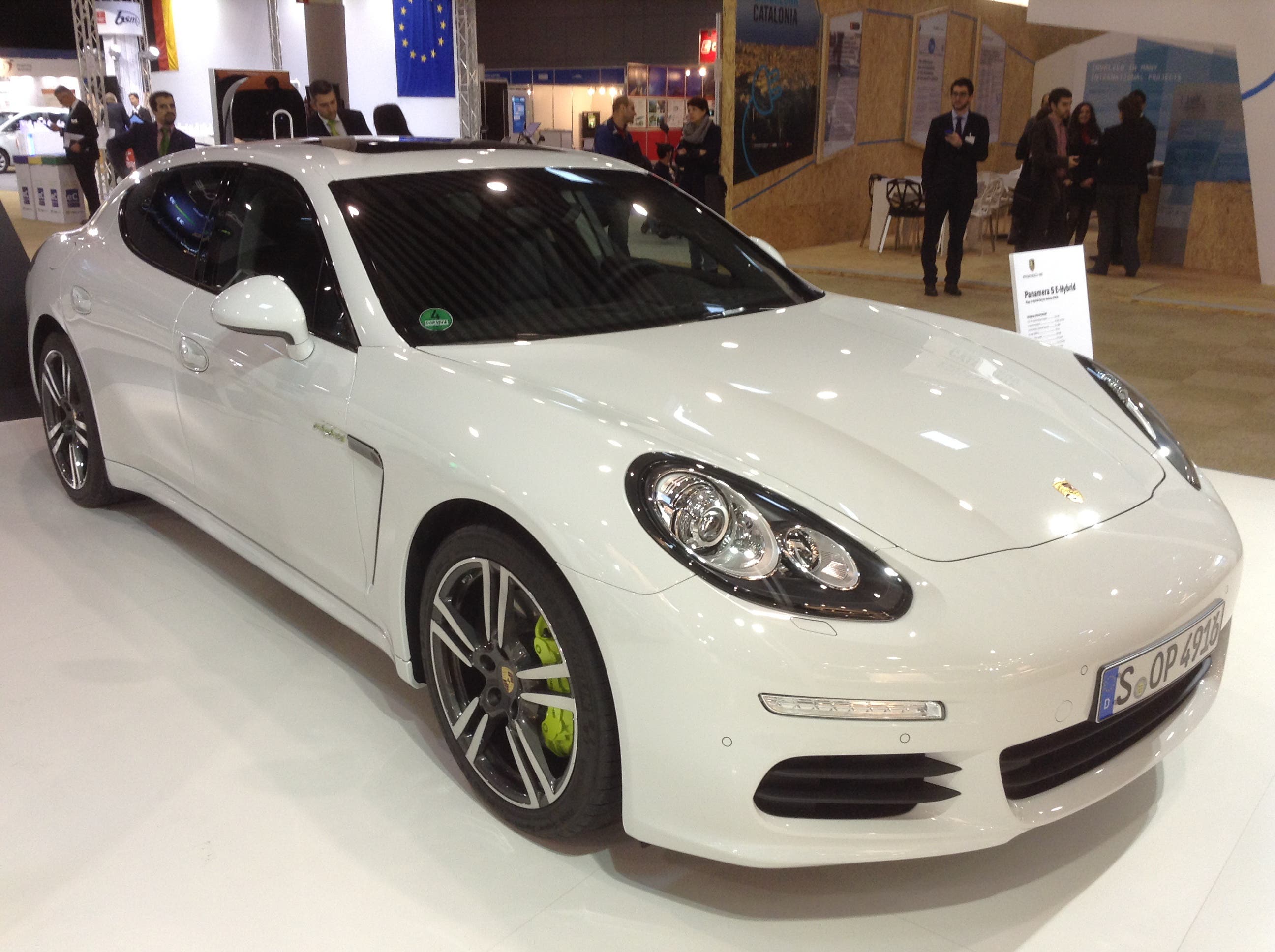
August 22nd, 2020 by Johnna Crider
Here we go again. Porsche just announced that it’s launching an internal investigation into suspected engine manipulation, according to Bild am Sonntag (BamS). It has informed KBA, Germany’s automotive watchdog, the Stuttgart prosecutor’s office, and authorities here in the US of the matter.
The suspected illegal changes to hardware and software could affect exhaust systems and engine components. In other words, we may have an almost-Dieselgate on our hands. I say “almost” because Porsche is actively investigating it and seems to be trying to stop it from further affecting its customers and our environment.
A Porsche spokesman said, “Porsche is regularly and continuously reviewing technical and regulatory aspects of its vehicles. As part of such internal examinations, Porsche has identified issues and has, just like in the past, proactively informed authorities.”
They also noted that these issues are relating to the vehicles developed several years ago and added that there are no indications that Porsche’s current production was affected. BamS, which Reuters noted didn’t cite where it got its information, said that the engines developed between 2008 and 2013 are the subject of the investigation. This includes Porsche’s Panamera and 911 models. BamS also noted that hundreds of thousands of emails are being examined in search of evidence and that KBA has launched an official investigation.
Porsche, which is a part of the Volkswagen Group family, has been conducting this investigation since June. The illegal changes were said to have been made in series production after approval by the Federal Motor Transport Authority (KBA.) Employees are also being asked for meeting minutes and discussions along with those hundreds of thousands of emails just mentioned. A senior Porsche manager told BamS that, “We turn every stone and follow up every clue. If suspicions are confirmed, we act consistently in all matters.” One thing BamS emphasized is that it’s more than just exhaust systems being affected. Engine components are also.
Starting 12 years ago and ending in 2013, these cars were sold and are on the road today. So far Porsche has not initiated a recall. For its own part in the emissions cheating scandal — popularly called “Dieselgate” — Porsche was hit with a $599 million fine by German prosecutors for neglecting supervisory obligations that were linked to diesel emissions cheating. That oversight led to the selling of diesel cars in Europe that didn’t comply with emissions regulations.
Another Case for Electric Vehicles
It always seems like there’s another new diesel scandal or “event” when it comes to these automakers. This is just another example of how important and necessary it is to switch to clean vehicles. The Volkswagen scandal is a great example of just how bad these things can go when they go wrong. In 2015, The Guardian conducted an analysis that found that the 482,000 recalled Volkswagen and Audi vehicles here in the US would have released a range of 10,392 and 41,571 tonnes of toxic gas into the air each year if they’d covered the average annual US mileage. Volkswagen, The Guardian noted, is possibly responsible for at least 1 million tonnes of air pollution every year, which is the same as the UK’s combined emissions for all of its power stations, vehicles, industry, and agriculture.
Just how much are 1 million tonnes? Keep in mind we are not talking about “tons,” but the metric measure of that, which is equal to 1,000 kg. So if we do the math, 1 million tonnes is equal to 1 billion kilograms. Next, we calculate to see just how much extra pollution Volkswagen caused. Just to show you how big that number is, it is equal to emissions from:
- 216,044 passenger vehicles driven for one year.
- 2,481,389,578 miles driven by an average passenger vehicle.
If you look at C02, 1 million tonnes of that is equal to 169,306 average US homes using electricity for one year, or about a quarter (0.257) of a coal-fired power plant burning coal for one year. (That should tell you just how bad coal-fired power plants are. Yikes!)
Now back to the topic of Porsche. We don’t know how many emissions were released due to the illegal tampering with both the exhaust and the engine elements. Perhaps the tampering may not have affected either and the vehicles released the legal amount — that would be the best news in this case — unless they were tampered with and sent out even fewer emissions than was legal.
Perhaps it’s time for everyone who wants to buy a Porsche car to buy the Taycan Turbo S, and perhaps it’s time for Porsche to roll out a fully electric Cayenne competitor.
Appreciate CleanTechnica’s originality? Consider becoming a CleanTechnica member, supporter, or ambassador — or a patron on Patreon.
Sign up for our free daily newsletter or weekly newsletter to never miss a story.
Have a tip for CleanTechnica? Send us an email: [email protected]
Latest Cleantech Talk Episode







More Stories
Sportswear: Lolle acquires Louis Garneau Sports
REM is still innovative enough to foot the bill
A trip to the restaurant with no regrets for these customers